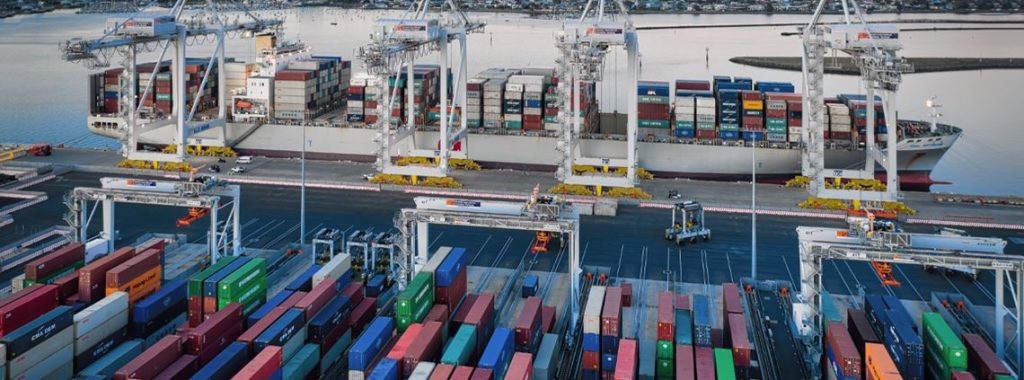Why anger is growing over ‘unfair’ charges for late container returns

An inquiry into the efficiency of Australia’s maritime supply chains has heard accusations that shipping companies are profiteering by charging customers “unfair” fees for delayed returns of containers.
The Productivity Commission’s report into maritime efficiency has received more than 60 submissions from companies, business associations, and state and local government, following the release of a draft report in early September.
Demurrage and detention (D&D) fees, which are charged on late returns of containers, have emerged as a key issue within submissions.
Brendon Considine, managing director of Secon Freight Logistics, a Melbourne container wharf carrier operation, said it had seen a huge escalation of container detention charges.
He added that transport companies like his could “go to the wall” unless the issue was addressed.
The company said throughout its history “the timely return of empty containers to the allocated empty container park (ECP) has been an issue”.
“The contractual relationship that the shipping lines have with importers (our customers) has been very unfair in terms or the penalties that are imposed for late returns of empty containers,” said Considine.
The company said shipping companies can impose huge penalties on customers for the late return of empty containers when it knows that demands to return empty containers within five, seven or even 10 days “cannot be met in practice”.
And it said that being able to charge for delays in ports caused by congestion, limited hours of operation, or a lack of available return vehicle booking slots gave shipping lines no incentive to improve productivity levels.
“We are frequently asking our customers to seek extensions from the shipping lines, citing extenuating circumstances… however on most occasions, these requests are not granted. It is often such a futile exercise,” added Secon.
“For our industry to remain viable and for the continuity of the supply chain, the unreasonable container detention policies and practices of the foreign shipping lines need to be addressed.”
In another submission the Australian Food and Grocery Council (AFGC) said: “AFGC member businesses have been severely affected by the levy of increasingly large detention and demurrage fees.
“Since the beginning of the pandemic the additional detention and demurrage costs have been absorbed by the food and grocery manufacturers and distributors at a significant cost.”
The commission’s draft report said: “Lifting productivity at our container ports could save business and consumers $605m each year.’’
It added: “Importers, exporters and trucking companies are having to pay unfair charges because container terminal operators do not compete for trucking companies’ business.”
Fees for late return of containers have become a sore point both in Australia and worldwide – with the post-pandemic import boom in the US leading to a chorus of complaints among shippers about charges at ports such as Los Angeles and Long Beach.
In October, Australian shipping lines were accused of “showing no compassion” after they refused to extend container detention-free time for customers impacted by floods in Victoria.

